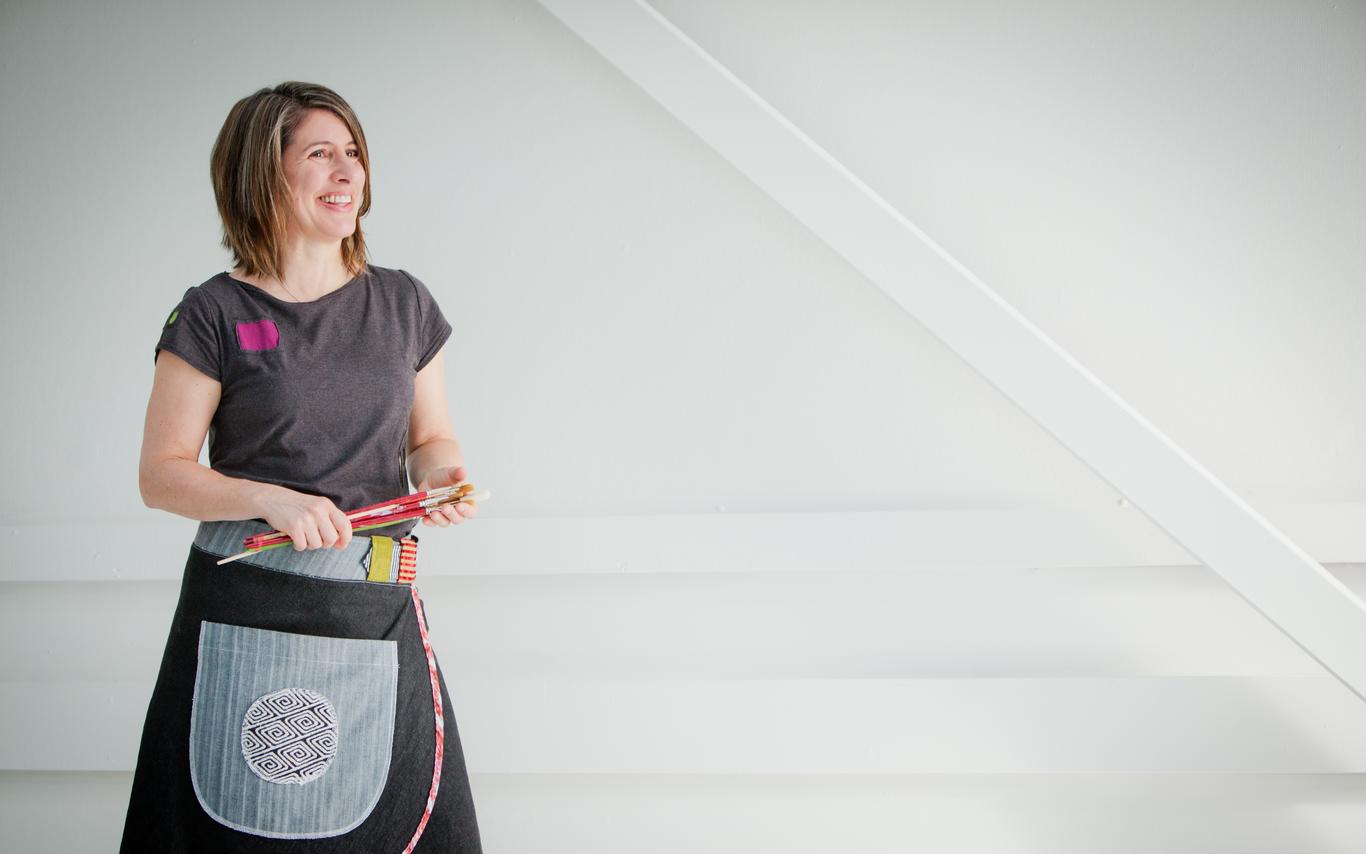Contact us
Voicemails can be left for the Program Chair or any Studies in Women and Gender faculty member at 250-740-6110
KJ Reed
Program Chair
Email: KJ.Reed@viu.ca
Faculty
| Name | Office (Building/Room) |
|---|---|
| Barnwell, Kathryn | -- |
| Russell, Emily - Administrative Assistant | 345/227 |
| Jones, Collette | 345/127 |
| Pauker, Magnolia | 345/239 |
| Reed, KJ - Program Chair | 345/239 |
| Stanley, Marni | -- |
| Van der Zon, Marian | -- |
